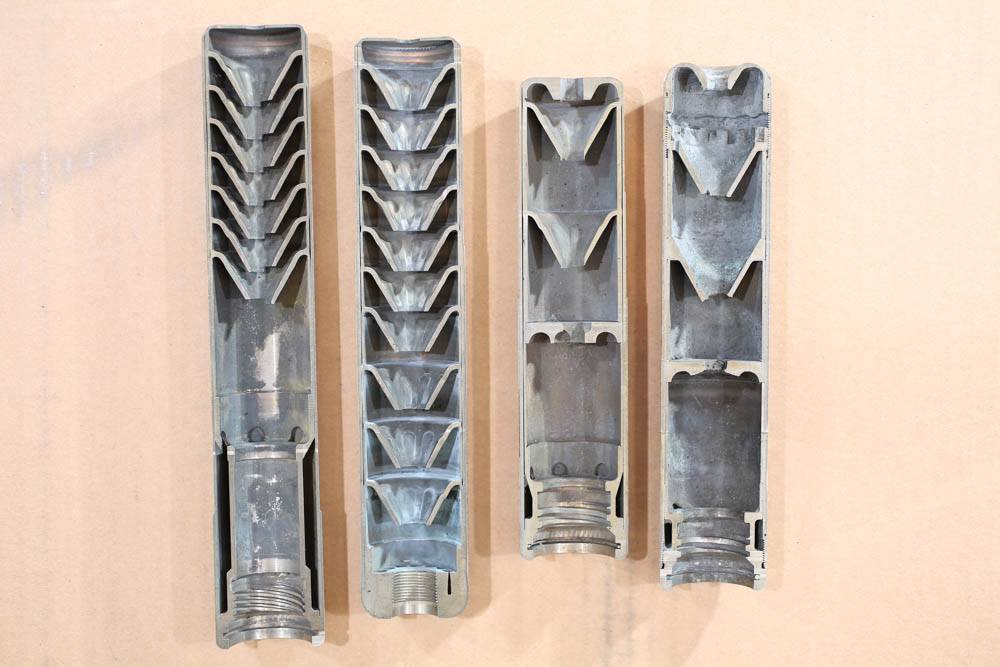
I have maintained since opening my gun shop in 2019 that Congress should prioritize easing the acquisition process for suppressors rather than complicating it
The cinematic portrayal of a large-caliber rifle firing with nothing more than a faint “ffft” is far from reality
So, you’ve just added another firearm to your collection. After heading to the local gun store, filling out the necessary paperwork, undergoing the NICS (National Instant Background Check System) background check, and bringing your new acquisition home, like any responsible firearm owner, you take it out for a few practice shots. You enjoy everything about it, except one thing: it would be great to shoot without needing hearing protection. While ear protection is manageable, you know your neighbors get annoyed with the noise, and you constantly remind the kids to wear their earmuffs. Thus, you decide to explore the possibility of a suppressor, and that’s where things get complicated.
The process of purchasing a suppressor proves to be more challenging than you anticipated. First, you need to locate an FFL (Federal Firearms License) that carries NFA (National Firearms Act) items—suppressors, short-barreled rifles, machine guns, and so on. Once you find a suitable dealer, you begin the lengthy process of paperwork, get fingerprinted, pay your $200 tax stamp (SOT), and then endure more background checks. Some time ago, I knew individuals who waited as long as six months for the approval to take possession of their suppressor. While waiting may seem reasonable for acquiring such a device, if suppressors delivered the kind of silence Hollywood depicts, I might agree. The cinematic portrayal of a large-caliber rifle firing with nothing more than a faint “ffft” is far from reality. I’ve encountered bolt-action rimfire rifles that are indeed quiet, but the notion that they produce no sound is simply untrue. I bring this up because there are currently bills in Congress aimed at reclassifying suppressors as firearm accessories instead of subjecting them to extensive regulation under the NFA: S.401 and H.R.152. One was introduced in 2023 and the other in December 2024. While these bills may struggle to gain traction, I have maintained since opening my gun shop in 2019 that Congress should prioritize easing the acquisition process for suppressors rather than complicating it. After all, a suppressor is merely a muffler for a firearm, and it’s illegal for automobiles to operate without one. While I’m not suggesting that Congress should mandate suppressors on firearms, I strongly advocate for loosening the strict ownership requirements. Imagine hunting without the burden of carrying ear protection, knowing that a suppressor is already mounted on the muzzle of your rifle.
Additionally, consider the lawsuit involving 3M Industries, which resulted in significant payouts to veterans due to defective earplugs that failed to provide adequate protection during combat. Many soldiers have suffered from hearing loss because of this issue. Introducing suppressors for military use is a separate discussion, but if the option existed to equip weapons with mufflers rather than relying solely on individual ear protection, the number of people experiencing hearing loss from gunfire might decrease—especially when considering the notoriously loud AR-15 platform, where factory-mounted muzzle brakes significantly amplify sound compared to standard bolt-action rifles in the same caliber.
Although changes to suppressor laws may not be forthcoming in the near future, I remain hopeful that Congress will act sensibly on this matter. I understand that there are individuals vigorously opposing this issue, which will likely create roadblocks to any proposed legislation. I have reached out to my congressional representatives regarding this topic, and I encourage you to do the same. You can find your congressman here.


Leave a Reply